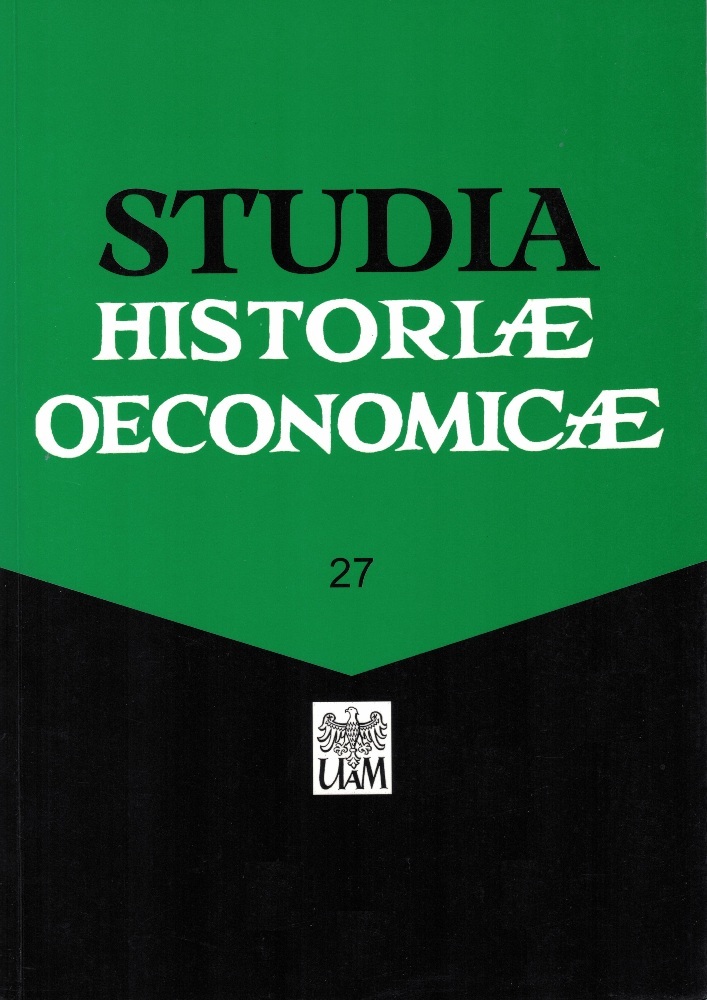Abstract
After martial law was declared in Poland, the GDR security apparatus prepared reports not only on the mood of the East German population about Poland and its inhabitants, but also on events in the West. In one of these reports we can read: "The West is putting on a 'theatre'. The reporting in the Western media is only sentimental." Since the 1980s, the theatre of friendship between Poland and the GDR was coming to an end, and there was no room in the GDR media for a friendly word about the eastern neighbour. The situation was different in the 1970s, the time of the "open border". At that time, Poland and the GDR were getting closer at the level of official contacts, and cross-border cooperation in the fields of politics, culture and the economy was established. But were personal contacts also established between the inhabitants of Poland and the GDR, which over time helped to overcome prejudices and stereotypes about the neighbour across the Oder and Neisse? Was it just a superficial friendship, a kind of theatre that basically meant nothing more than political gestures? This essay attempts to answer these questions on the basis of an analysis of two types of encounters during the years of the open border: visits by residents of the GDR to Poland in their former possessions and purchases on both sides of the Oder and Neisse.
License
© by Institute of History, Adam Mickiewicz University, Poznań, 2009
OPEN ACCESS





